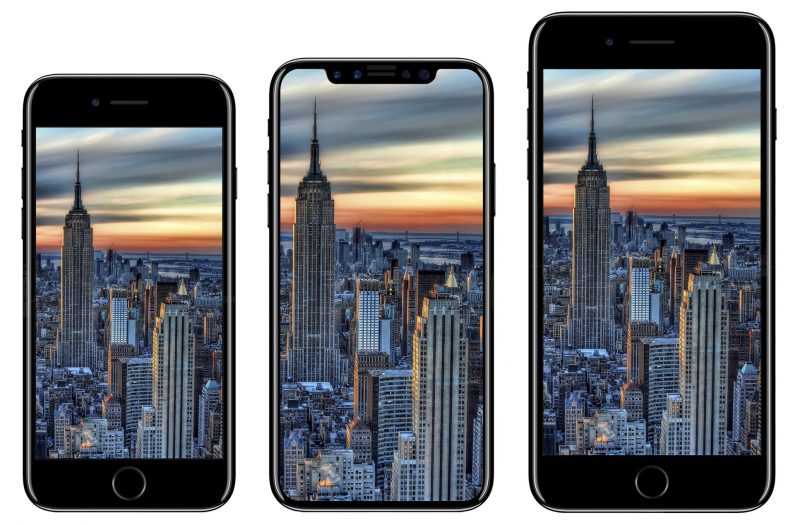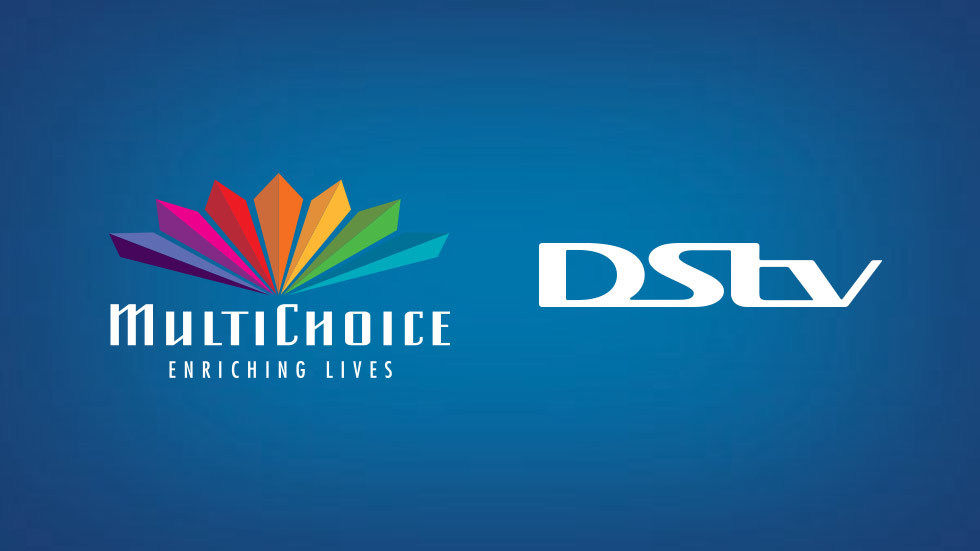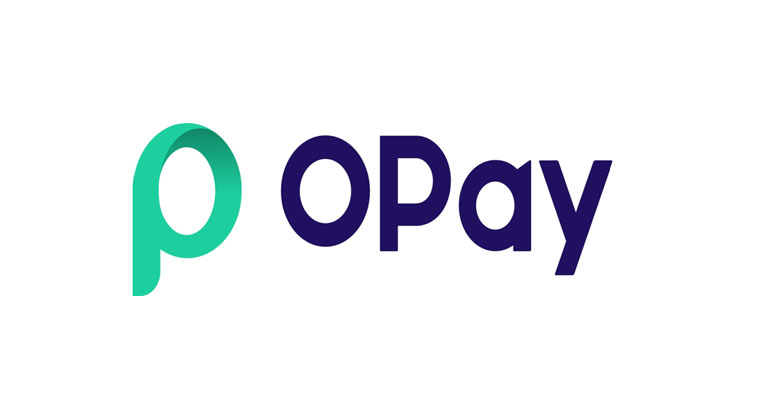Despite the hype about the ubiquity of 4G connections by the telcos in the country, 44 per cent of mobile subscribers in the country are using 3G technology while only four per cent use 4G technology as compared to over 18 per cent 4G penetration in South Africa and 16 per cent in Angola, a new report, Jumia Mobile Report, unveiled has shown.
According to the Nigerian Communications Commission (NCC), the country has more than 63million subscription on broadband while in the voice segment, there are 173million lines as at March this year which translates to 91 per cent teledensity.
According to the report, the country will be the only one in Africa to contribute 700 million new global subscribers by 2025.
Telecommunications and Information Services, a sub-sector of the Information Communications Technology (ICT), contributed 77 per cent of the entire sector’s contribution to the gross domestic product (GDP). Overall, the mobile telecoms sub-sector contributed 7.4 per cent to the country’s total GDP last year, compared to 5.5 per cent in 2017.
Nigeria’s mobile broadband penetration is forecast to rise to 55 per cent of the population by 2025, with 70 per cent having 3G connectivity and 17 per cent having access to 4G networks.
The report noted that 5G network with the 26 gigahertz (GHz), 38 GHz and 42 GHz spectrum bands will be rolled out by 2020 while some 700 million new mobile subscribers from various countries across the world will push the total number of global mobile subscribers to six billion between now and 2025.
Interestingly, Nigeria has been identified among these countries, with others being India, China, Pakistan, Indonesia, United States (U.S.), and Brazil. “It is predicted that Nigeria will contribute four per cent of the estimated 700 million new global mobile subscribers, making it the only country in Africa marked with a significant contribution to increasing mobile penetration in the world. By this quota, it is expected that 28 million new mobile subscribers will emerge from Nigeria between 2019 and 2025, that is, an average of seven million new mobile subscribers annually, if the country is to meet its quota,” the report said.
It said Asian brands have consistently enjoyed massive patronage because of their Africa-specific strategy of introducing lower price point smartphones into the Nigerian market. In 2018, Fero, Samsung, Nokia, Infinix and Tecno remained the customers’ favourites and the top-selling mobile brands on Jumia. “It is interesting that a one-time king of mobile phone, Nokia is gradually returning to the limelight, riding on its durability claim. Infinix continues to lead the pack, year on year. The average price of smartphones continues on a downward trajectory, as it dipped to $95 in 2018, from $117 in 2016, and $216 in 2014. This development is laudable as again, the major driver of this trend is attributed to the influx of Asian brands specifically targeted for the Nigerian market,” it added.
During the period under review, across the globe, there were over five billion unique mobile subscribers, and 60 per cent of the connection was through smartphones. Internet users peaked at 3.6 billion, that is, almost half of the world population had mobile internet access.
“In Nigeria, there were over 172 million mobile subscribers, accounting for a penetration rate of 87 per cent of the population. This figure represented a 6.4 per cent growth increase, compared to 162 million subscribers in 2017.
“Over 112 million Nigerians had access to the internet in 2018, representing 56 per cent of the population. This accounted for an increase of 14.32 per cent year-on-year from 2017. The availability of lower price point phones still remains the major driver of smartphone penetration. At the end of 2018, there were over 36 million smartphone users, representing a penetration of 18.37 per cent. While the number of smartphone users might have increased year-on-year, its penetration is still very insignificant.
“Internet connectivity and the availability of affordable smartphones continue to drive an increasing uptake of social media networks. The number of active social media users rose from 17 million in 2017 to 24 million at the end of 2018. This represents a 12 per cent penetration of the country’s population,” the Jumia Mobile Report said.
In 2018, Chrome continued to lead the pack among the four major browsers Jumia customers use to access the website, taking up 43 per cent. The reason for this is simple: Chrome has higher system requirements, which make customers’ browsing experience faster. Eighteen per cent of Jumia customers accessing the website did so via Android Webview. Opera Mini on the other hand, is a lighter browser in terms of data usage and is popular among new mobile internet users who have lower incomes and can’t afford costly internet data packs; and took up 16% per cent. Other browsers used, accounted for 23 per cent.
Notably, 57 per cent of Jumia customers visited the website via mobile web, 28% via the mobile App and 15 per cent via the Desktop in 2018.
There is however, an increasing migration from shopping on the mobile web to the Jumia App. This shift, although gradual, is attributed to the fact that the App consumes less data, is more convenient and more affordable due to the frequent discounts offered. It is a commendable development, and a higher conversion is expected in 2019.
Nigeria’s largest commercial city, Lagos, had the highest number of mobile phone orders in 2018, followed by Abuja, Rivers (Port Harcourt), Edo, and Delta. The mobile phone category still remains one of the top selling categories on the Jumia website


 Forex4 weeks ago
Forex4 weeks ago
 Naira3 weeks ago
Naira3 weeks ago
 Billionaire Watch3 weeks ago
Billionaire Watch3 weeks ago



 Naira4 weeks ago
Naira4 weeks ago






 Naira3 weeks ago
Naira3 weeks ago


 Naira2 weeks ago
Naira2 weeks ago






 Naira2 weeks ago
Naira2 weeks ago


 Naira2 weeks ago
Naira2 weeks ago









